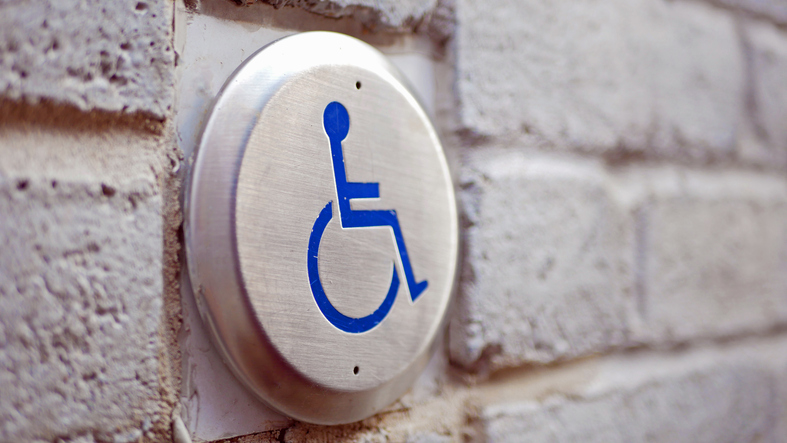You wouldn’t dare build a property nowadays without designated rooms for those who have special needs. All necessary compliances like this are taken in stride by hoteliers, with the appropriate CapEx set aside as a regular part of doing business.
One would think that meeting Americans with Disability Act (ADA) requirements is limited to your physical facilities, but what about those with disabilities who are trying to book your property through your website?
The authorities have recently set a new mandate to fine business-to-consumer sites that fail to meet certain levels of criteria, so this is not a topic that can be brushed aside, especially if you have a brand.com within your control and are not reliant on a major flag’s banner, all of whom have internal design strategy teams to manage these sorts of issues.
With this in mind, I had an interesting conversation with Scott Topolski, an attorney with Cole Schotz P.C., to weigh in on the online features that are scrutinized for ADA compliance.
According to Mr. Topolski, a hotel is considered a place of public accommodation, and as such it will be subject to ADA Level III. The Department of Justice has not passed any specific regulations to convey its own guidelines related to website accessibility, so what we have to rely upon at this point are Web Content Accessibility Guidelines (WCAG) created by the Web Accessibility Initiative (WAI) of the World Wide Web Consortium (W3C). These are guidelines, not law but nevertheless it is clear at this point that websites are subject to ADA.
I asked if there has been any instances of lawsuits against a hotel to-date. At this time, Mr. Topolski has not been made aware of any reported decisions on website accessibility cases involving a hospitality property, but there is little doubt in his mind that some have already been sued because of this. Moreover, he notes that the frequency of these lawsuits is increasing, particularly in the states of Florida and New York.
The number of such cases rose significantly in 2017 and the first half of 2018. In 2017, 7,663 ADA Level III lawsuits were filed in federal court, 1,062 more than in 2016 and due in large part to website accessibility lawsuits. Recently, one case went to federal court in South Florida against Winn-Dixie, with the supermarket chain losing.
Mr. Topolski also notes there is a bill pending before the United States Senate – it has already been passed by the House – that would require pre-suit notice and an opportunity to mitigate prior to filing suit. If passed by the Senate, it nonetheless remains to be seen if it will apply to website accessibility cases. As written, it appears to be directed toward issues relating to physical access to property and not websites, but this appears to be a grey area.
The main recommendation I can offer is to be proactive. If you wait to get sued, it is going to be a whole lot costlier, as you are still going to have to pay to make your website ADA compliant. As well, you are going to have to hire an attorney and pay for any external litigation fees.
The WACG rules are readily accessible and clearly stated here, so why not pass this onto your risk management team as well as your website manager?
